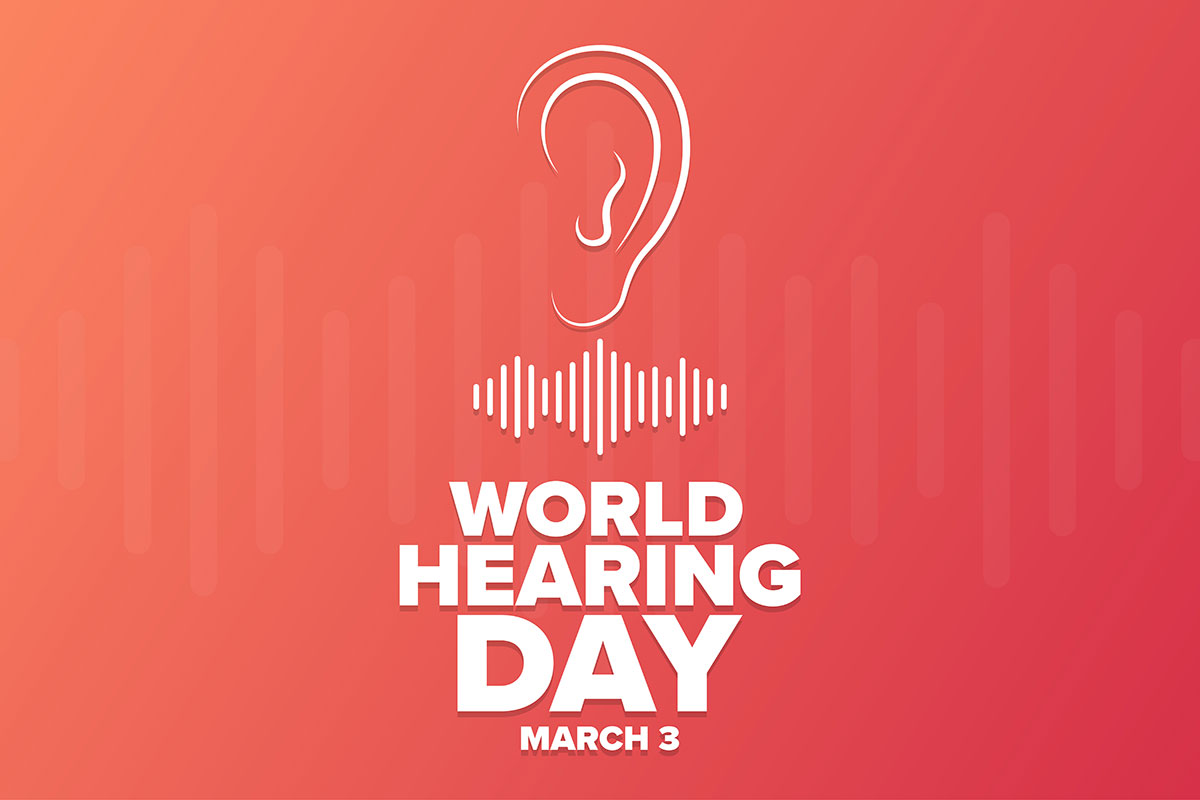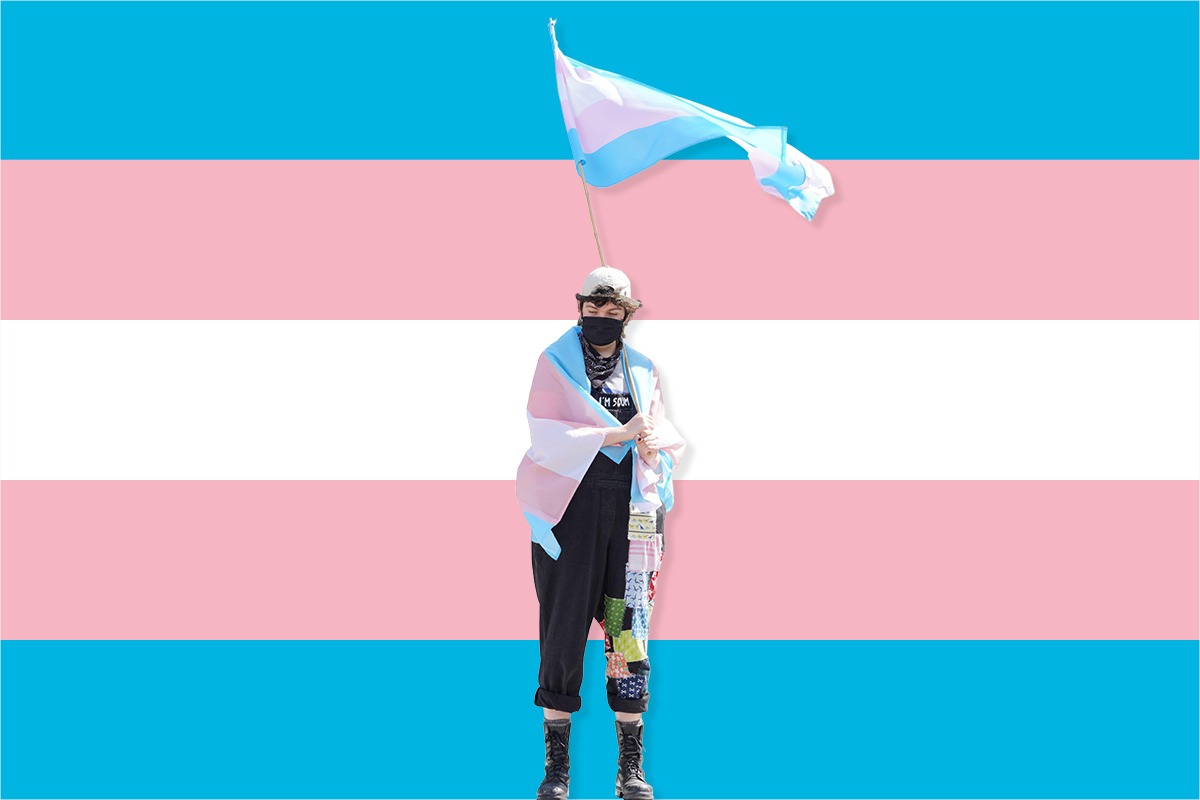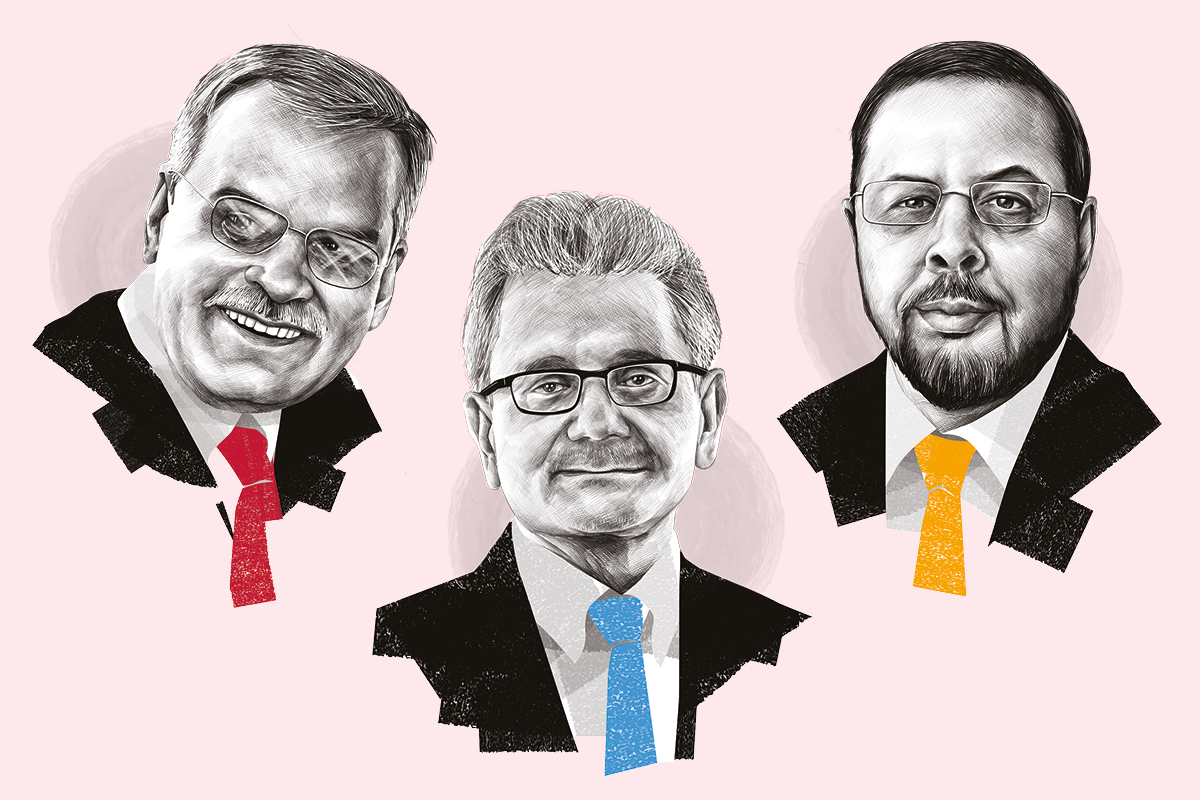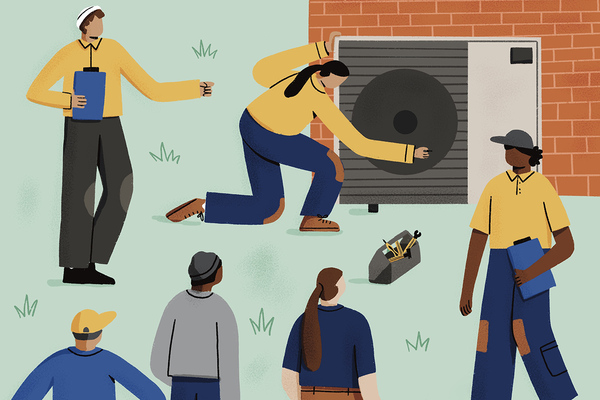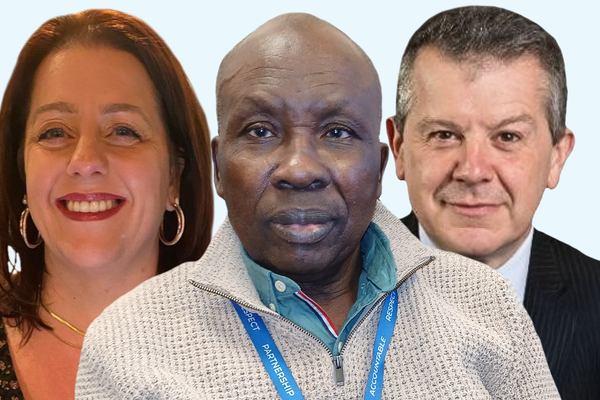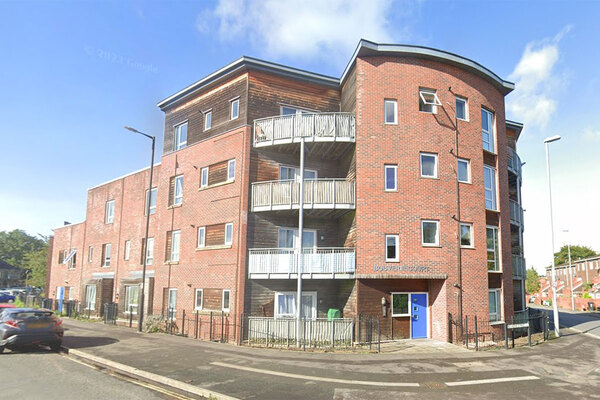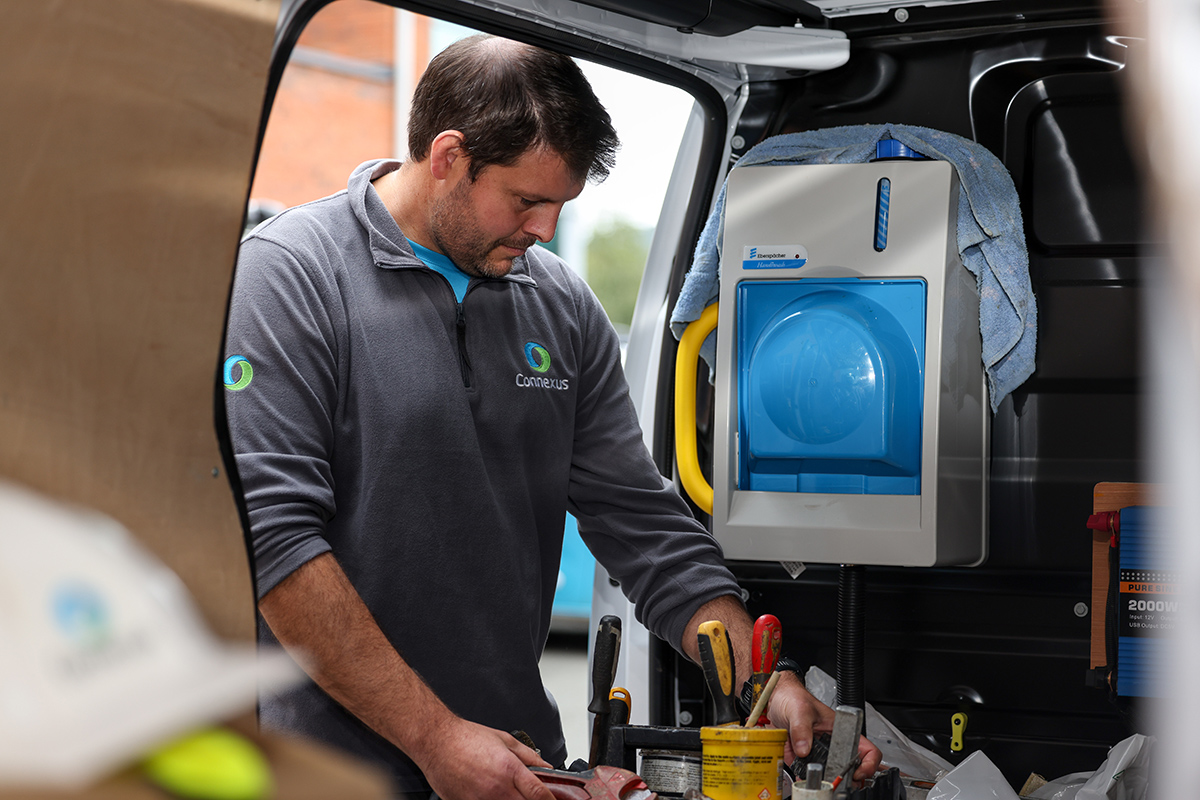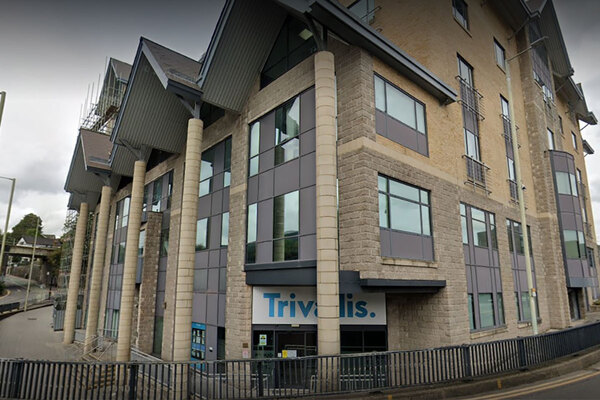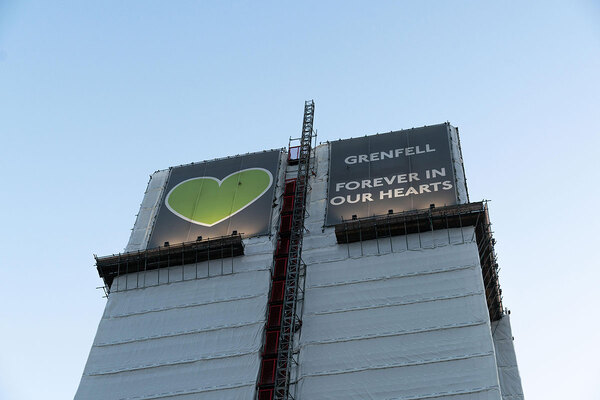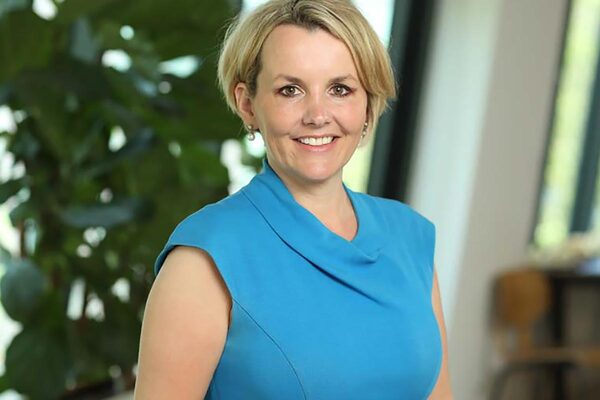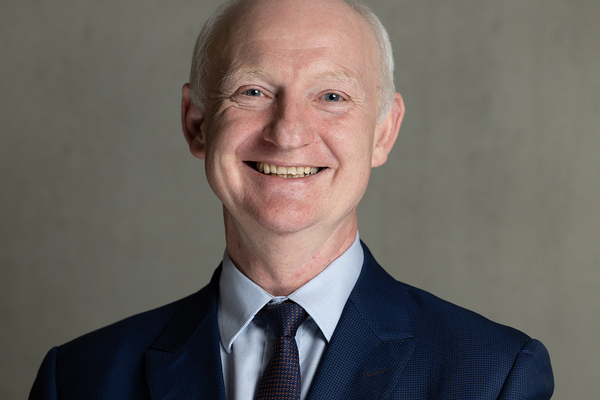You are viewing 1 of your 1 free articles
On World Hearing Day, social landlords should reflect on how inclusive their services really are
One in five staff at RHP have been trained in British Sign Language over the past five years. On World Hearing Day, chief executive David Done reflects on some of its learning and how other social landlords might want to change their approach
Today sees World Hearing Day take place. The World Health Organisation established the day with the aim to promote a wide range of listening methods that aren’t just audible, and this year’s theme is “to hear for life, listen with care”.
This is an aim and theme we can fully get behind at RHP. We’ve been pushing to ‘listen with care’ in new ways for both our employees and customers. At RHP we’re building a culture of listening and because of this we have also been looking at new methods to hear from a more diverse range of customers.
In the era of social media and instant feedback, customers have more direct access to companies than ever before. We don’t want our communication with customers to become quick sound bites, though. We know we must continue to find methods to get customers’ feedback in meaningful ways beyond just transactional interactions and clicks.
The key way that we’re doing this is through our service design work. We decided to go beyond our standard surveys and data approach to measure our levels of customer satisfaction. Instead, we decided to carry out in-depth interviews with a diverse range of customers. We knew that we’d get more empathetic insights by sitting with customers and listening to the good and bad, taking in what they’re saying and digging deeper to find insight.
So, how have we gone about this? Well, our service design team has carried out in-depth interviews with a diverse range of customers – some of whom are employees, too. They were asked detailed questions about our services to get to the root of what does work and what doesn’t.
We’re transparent with customers about how the research will be used, we compensate them for their time in the interviews, we anonymise quotes, and the interviewers have strived to build trust. It’s been stressed to customers that there are no right or wrong answers and they cannot offend us when talking about our service.
“It’s given me great pride to hear our people tell of the reactions from these customers when they realise that they’re signing back to them”
What we’re ultimately trying to do here is to get beyond survey results and star-based reviews. The qualitative information we’re getting from this work has been extremely valuable in shaping our services and in particularly feeding into our service transformation project ‘Rewire’. Rewire is all about bringing people, processes and technology together to provide services that meet the diverse needs of our customers, all while making our employees’ jobs easier.
To have this critical mass of customers feeding back and helping shape how we move forwards is powerful, and we’ve now embedded this as a consistent approach in how we do things, including investing in a dedicated service design team.
We’ve also rolled out a truly inclusive listening and thought-based project called ‘In your Shoes’. We’ve been asking customers from all walks of life to record their life story. These ‘audio storybooks’ are then shared with our colleagues and they get to hear about new cultures and perspectives. We then encourage our employees to have discussions around these stories and to reflect on what it means for how we deliver our services.
We’re currently building up a bank of stories, but so far we’ve heard from a customer who speaks English as a second language and a customer whose daughter has myalgic encephalomyelitis (ME) and the challenges that it presents for both of them. We plan to have our new starters listen to these stories as part of their induction so that inclusive thinking is part of their thought process right from the jump.
It’s also of note that over the past three years we’ve been offering our people fortnightly British Sign Language (BSL) classes. These sessions, which are delivered by our BSL-trained learning and development advisor, have been undertaken by more than 50 of our employees – that’s one in five of our overall workforce. It means that we’re able to welcome our customers who use BSL when they come into our offices. It’s given me great pride to hear our people tell of the reactions from these customers when they realise that they’re signing back to them.
“Our aim is for no one to be left behind – whether a customer or colleague”
Speaking of our employees, our long-term focus on being an inspiring place to work means that we’ve valued listening to our people for years. However, since the pandemic and working in a more hybrid way, we realised we need to work harder to hear from people.
This has involved evolving new ways for people to share their views that go beyond a survey. This has included holding focus groups with demographics who showed lower levels of satisfaction in our annual engagement survey. Just like our work with customers, these were designed to dig deeper into issues people might have and they’ve uncovered a number of tangible actions that we can take to improve what we do.
We also have regular conversations with our different employee groups, including engagement champions, inclusion network and our mind matters champions (who are trained mental health first aiders). These groups are invaluable in helping us check in on what people are feeling throughout the organisation and bringing any issues to our attention.
Open conversations on our internal social network Yammer, our weekly all-company online briefing which myself and my executive colleagues lead, and weekly team huddles are all other useful ways for people to feedback how things are going.
Recently we’ve been doing a large piece of work to refresh our organisational values and it was integral that we got employees’ input into this as they need to connect and resonate with whatever we develop. We’ve therefore ran a number of online workshops to gain people’s thoughts and insights into what they believe we should stand for as an organisation and we’ve heard from our caretakers through face-to-face sessions. More than three-quarters of our workforce have fed in to this work and truly valued being asked for their opinion.
As we settle into a more hybrid way of working, we’re challenging ourselves to develop different ways to hear from people which are both face to face and digital. Our aim is for no one to be left behind – whether a customer or colleague. We know to be able to truly do that, we need to not only listen but also enable people to feel heard.
David Done, chief executive, RHP
Sign up for our daily newsletter
Already have an account? Click here to manage your newsletters

